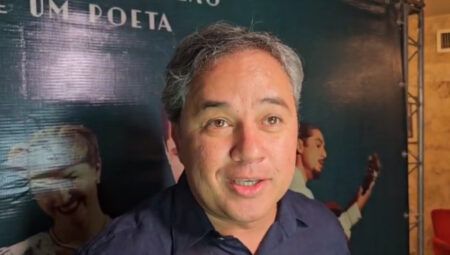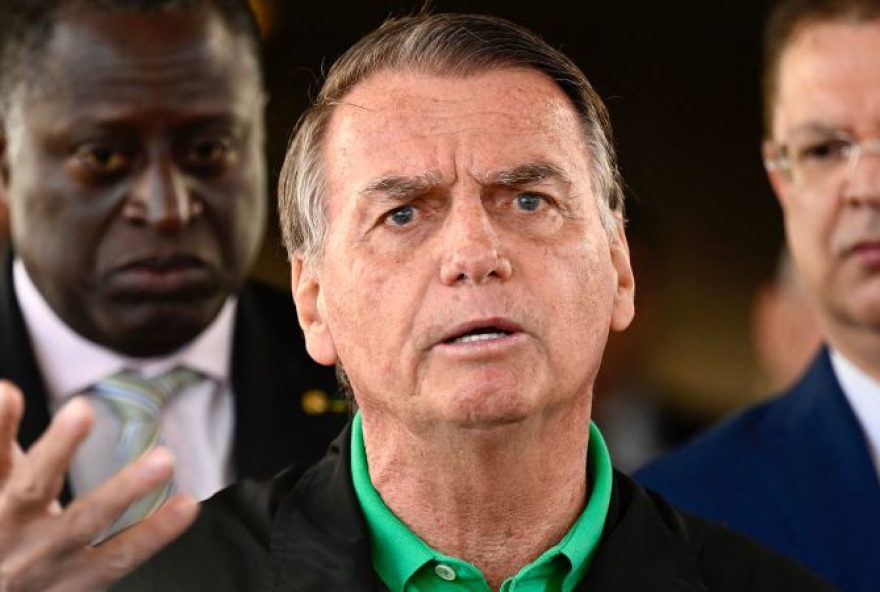Brazilian democracy has spent the past three years in a near-permanent state of tension – a full-body clench against an ex-president who refused to accept defeat. On Saturday morning, those muscles tightened again. Jair Bolsonaro, already convicted of plotting a coup and sentenced to 27 years in prison, was taken into preventive custody after Brazil’s Supreme Court said he had tried to tamper with his ankle monitor and was a flight risk. It was one of the most extraordinary responses a democracy can deploy against a former leader. And yet, in Brazil’s current trajectory, it was not entirely surprising: Bolsonaro’s presidency and post-presidency have repeatedly forced the country’s institutions to operate at their limits. For many Bolsonaro supporters, his preventive arrest was just the latest on a long list of injustices by a politicized Supreme Court. Right-wing protesters have railed against the court for years, but other Brazilians also share alarm that the judiciary has amassed unprecedented power. The Supreme Court did not arrive at this posture overnight. It was pushed there, again and again, by Bolsonaro himself.




